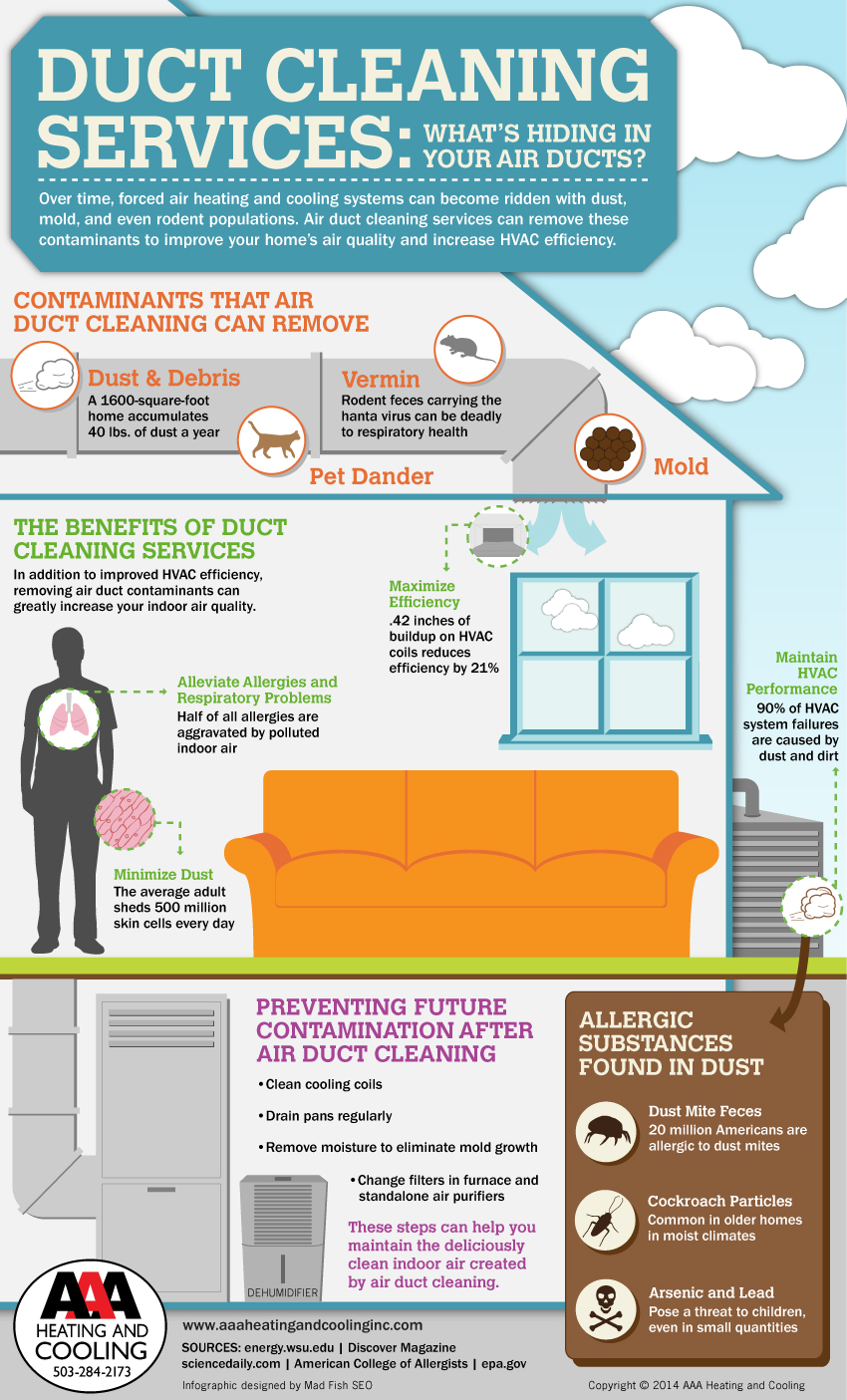Heat Pump Vs Heater - Which Is The Better Home Heating Alternative For Your Home?
Heat Pump Vs Heater - Which Is The Better Home Heating Alternative For Your Home?
Blog Article
Content Composed By-Rosenthal Reese
Many house owners are familiar with furnaces, which heat homes with oil or gas and press hot air with ductwork. They are fairly affordable and can provide reliable home heating also during a winter power outage.
Nevertheless, they use nonrenewable fuel sources and generate carbon monoxide and other air contamination. They additionally aren't as energy-efficient as a high-efficiency heatpump.
Cost
Usually, heatpump are more inexpensive to operate than heaters. They commonly make use of electrical energy and cooling agent to essence heat from exterior air, and afterwards move it right into your home. You can make the most of cheaper electrical power rates throughout off-peak hours to additionally decrease your heating prices.
Unlike heatpump, gas or wood-burning heaters use combustion to produce warm, releasing flue gases into the environment that can be harmful to your health. These furnaces are likewise less energy-efficient than heatpump, and their greater operating costs can accumulate over time.
Heating systems are much more challenging than heatpump and require normal upkeep to make sure the appropriate feature of all parts. Despite this, they tend to last longer than heat pumps with a common lifespan of 20 years or even more. Nonetheless, you'll require to consider the expense of gas, gas oil or timber and the additional equipment required for setup and procedure such as air ducts and ventilation systems.
Energy Effectiveness
Heat pumps have a higher energy performance rating than heating systems. These systems make use of electrical energy to scavenge warmth from the air, even in freezing temperatures. They can additionally get rid of excess heat from the home during warmer months and recycle it to cool the system. Provider specialists can help you figure out the most effective design for your home on climate and resource power costs.
Furnaces shed gas oil, propane, gas or various other types of nonrenewable fuel source to warm the air in the home. This air is then spread through ductwork utilizing a big follower. Heating systems create greenhouse gases and call for regular upkeep and equipment upgrades to ensure secure procedure.
The most significant advantage of a heating system is that it can be operated even in rough winter conditions because it does not depend on exterior temperature levels to heat the air. Furnaces additionally have a longer lifespan than heatpump and normally last 15 years. They can also be coupled with twin gas choices, which choose one of the most efficient home heating choice based on the climate.
Climate
Heat pumps work well in moderate environments and make use of much less resource power than heaters. However, if your area is exceptionally cool, you might require to buy a common gas heating system instead.
Furnaces supply warm, relaxing warmth and normally use quick home heating to raise interior temperature levels. These systems can be utilized with a variety of gas kinds, consisting of natural gas, propane, oil or electrical energy.
They take in a lot more energy than heatpump-- approximately 3x as much-- and require ductwork that's expensive to install or retrofit. view it to preserve, as they can create air top quality problems and create greenhouse gas discharges.
If you're dedicated to decreasing your carbon impact, a heat pump is an excellent selection for your home. They have fewer greenhouse gas discharges than heating systems, especially if you choose a power CELEBRITY ® heat pump. Your neighborhood Provider expert can explain the distinctions between these two heater and aid you make the best decision for your one-of-a-kind requirements.
Individual Preferences
Furnaces can be really energy reliable when powered by gas, gas or oil, however they aren't as power effective as heatpump in freezing climates. They can additionally be more costly to install, requiring gas lines and air flow systems.
However, heating systems often tend to require less upkeep, which can lead to reduced continuous costs. They generate fewer greenhouse gases and are much more reputable than heatpump throughout severe weather.
Electric heatpump are more versatile in developing indoor convenience due to the fact that they can also work as ac system throughout warmer months. They can be easier to keep, requiring just routine air filter modifications and periodic vacuuming.
If you prefer the convenience of a solitary system that does it all, take into consideration a crossbreed home heating solution that sets a furnace with an electrical heatpump. These systems can immediately switch over in between both heating options based on your home's demands and temperature level problems, taking full advantage of efficiency and cost savings.